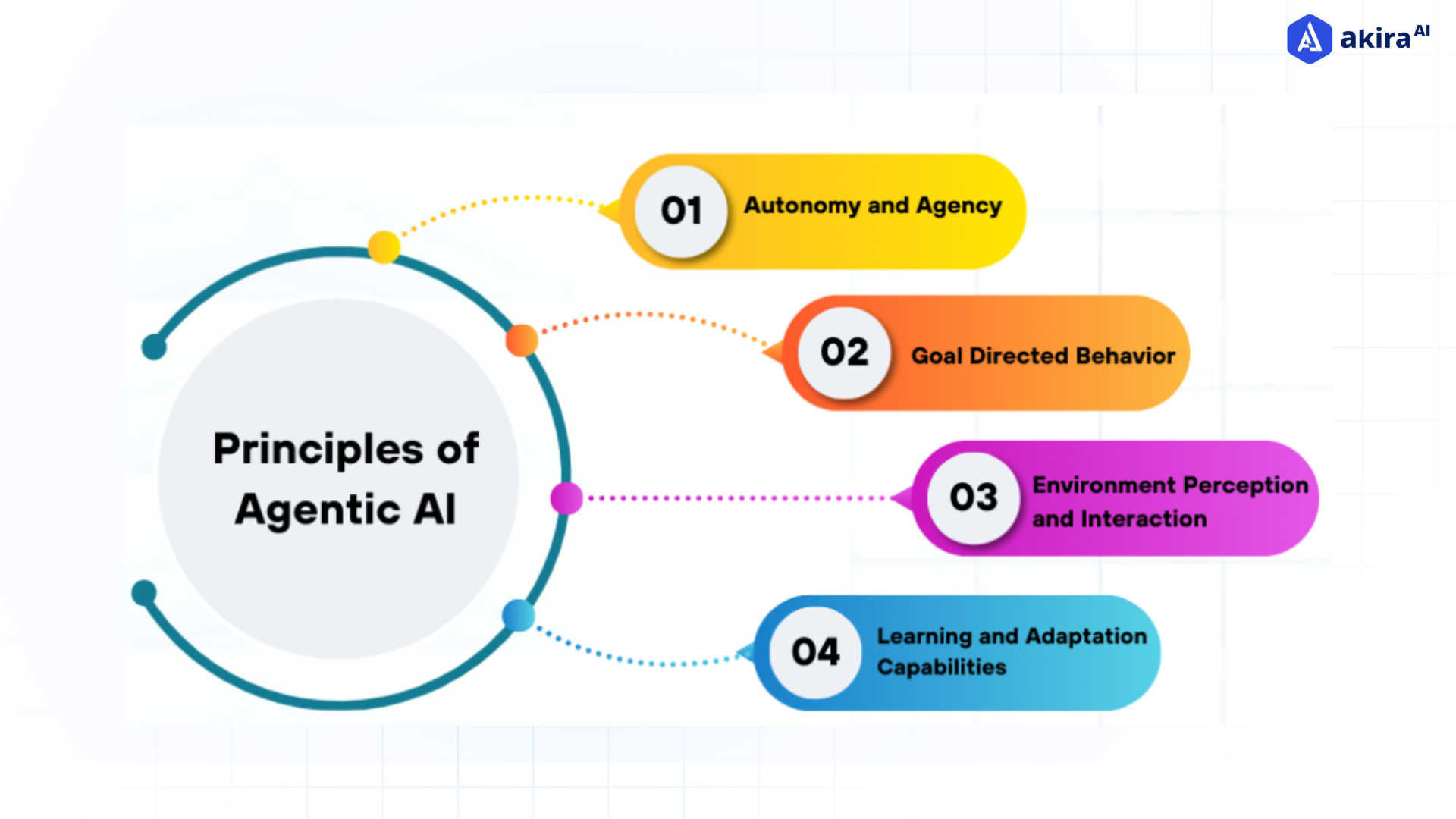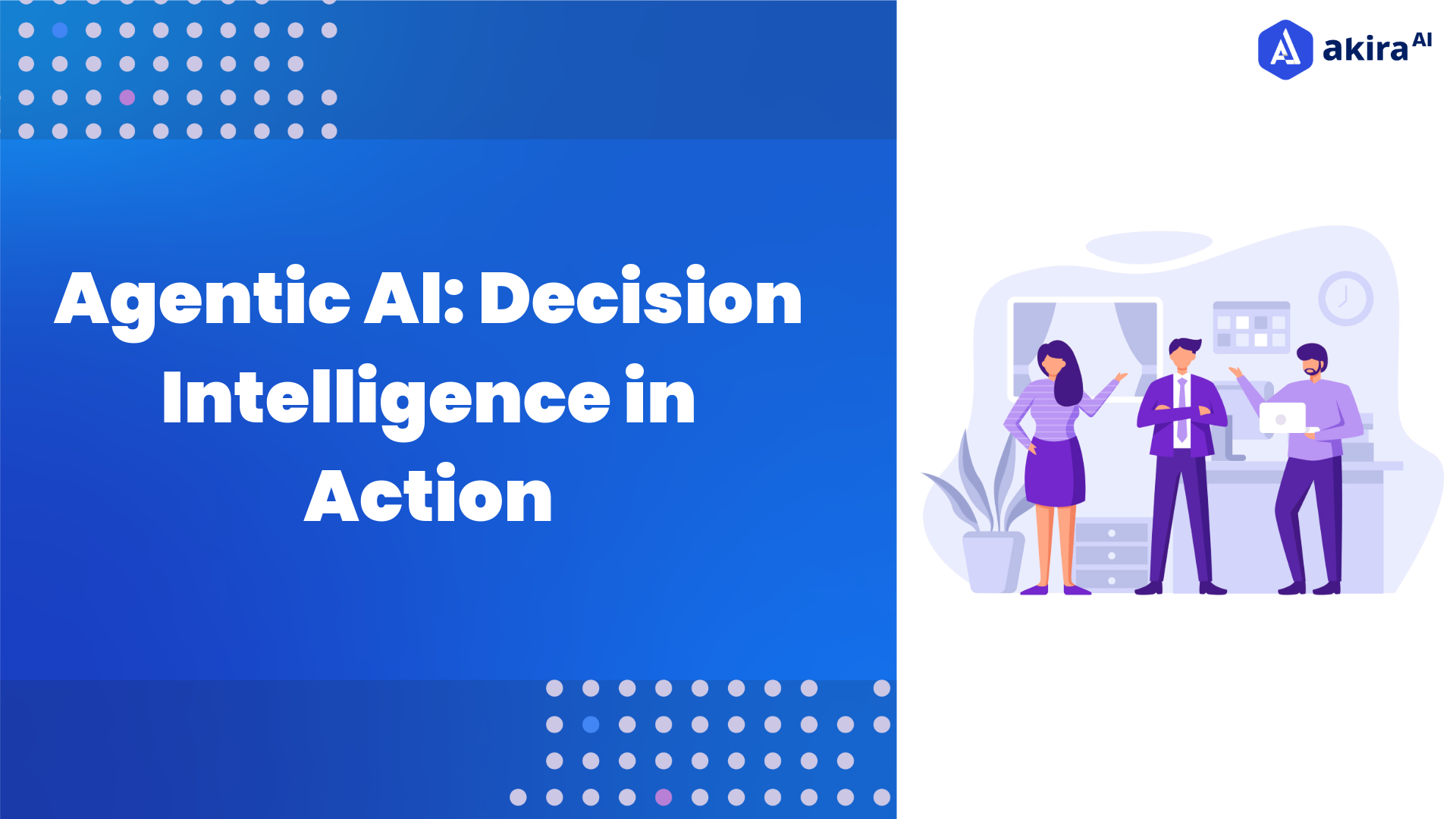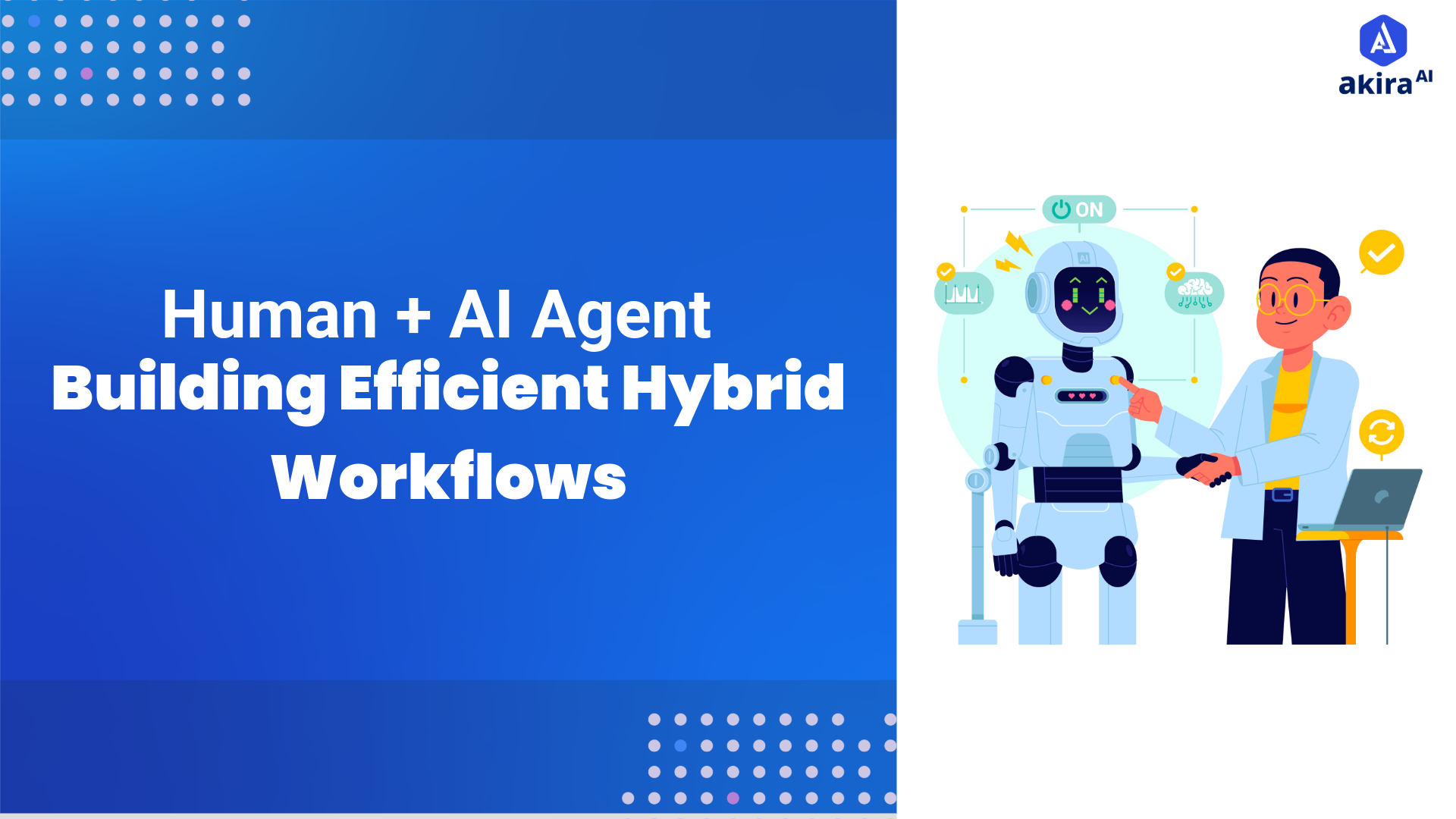Implementation Strategies
-
Selecting the Right Foundation Models - Select a model based on the complexity of the task, a smaller model is preferred for a simple automation task, while large models are preferred for tasks that are more reasoning intensive. There are tradeoffs between open-source options, like LLaMA, and proprietary options, like the GPT series, in terms of cost and performance.
-
System Integration Approaches - System integration refers to linking the different parts of the agentic AI system such as acquisition, storage of information within memory, analysis and decision-making.
-
Infrastructure Requirements - An efficient and practical agent AI entails a strong framework that can support substantial computation, model training, and execution of decisions.
-
Scaling Considerations - One of the great issues when it comes to agentic systems is how to manage and scale them to contain multiple functions and capabilities as well as grow larger in size.
Performance Evaluation
-
Metrics for Agentic Systems - Systems Success can be evaluated by the dimensions of accuracy, efficiency, adaptability, and user satisfaction. Additionally, domain-specific metrics—such as profit earned for business agents may also be used.
-
Benchmarking Methodologies - Furthermore, advances such as the recently prepared BIG-bench benchmarks and other customized simulations can be used to evaluate broad dimensions of reasoning, planning, and robustness if the performance is compared to human-like performance in providing context.
-
Continuous Improvement Cycles - Finally, there is a continuous improvement cycle where data is collected, models are improved and are redeployed in a sequence that helps emulate the way humans learn and, therefore, improve performance over time.
Real-World Applications and Case Studies
-
Enterprise Automation - Agents automate aspects of workflows, ranging from HR onboarding to supply chain optimization, to help reduce costs and errors.
-
Personal Assistants - Advanced personal assistants are now able to schedule the meeting and research the topic and even negotiate on behalf of the user. What is more astounding is that the agent takes the initiative to do something.
-
Research and Innovation Agents - Agents accelerate research discovery by hypothesizing, running a simulation, synthesizing experience drug discovery or climate modeling come to mind.
Future Directions and Challenges
Emerging Research Areas
The future of agentic AI is evolving with advances in multi-agent approaches, reinforcement learning, and hybrid decision-making frameworks that blend symbolic reasoning with machine learning paradigms. The aim of these developments is to improve cooperation, decision-making, and logical reasoning across complex situations. Additionally, there is an increased effort to pair AI with robotics to address physical tasks in the real world, allowing agents to physically interact with their environments across a range of scenarios, including the manufacturing industry and day-to-day activities at home.
Limitations of Current Approaches
There are obstacles to the current agentic AI systems which include limited generalization ability, ethical issues, and constraints with operation in highly uncertain environments. For example, agentic AI will often fail to apply knowledge learned across a domain outside that specific domain of use, raise concerns of fairness and bias, and ultimately face unknown situations of unpredictability and ambiguity without assistance. Addressing these challenges will be important for both advancing the study of AGI systems and maintaining their go-to applicability and trust level.
Regulatory and Societal Implications
As agentic AI becomes integrated into daily life, so too will regulatory and societal questions about privacy, accountability, and safety for the general user. This means governments and organizations will support frameworks to assure privacy for user data, define accountability for autonomous actions, and ensure its safe existence in domains of delivery health care and transportation.
The Path Towards AGI
The aim of research into agentic AI is the development of artificial general intelligence (AGI) a form of AI that can actually learn and understand knowledge and apply that knowledge across a wide variety of problems. Reaching this goal will take a number of different advances.
-
Cross-Domain Knowledge Transfer: AGI will allow agents to transfer knowledge between unrelated domains, such as using physics reasoning in economics. The current systems employed do not provide the flexibility to apply for diverse epistemological challenges.
-
Self-Supervised Learning Development: Progress toward AGI will also depend on self-supervised learning, where agents start identifying patterns and goals with little human labeled data and agentic AI would continue to grow their understanding and capacity in an ongoing, human-like fashion.






